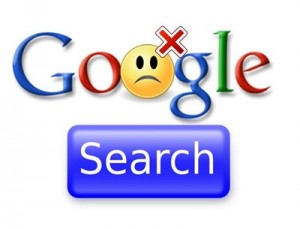The massive search engine is now allowed to crawl public posts and data of some of the network’s members.
Facebook is now permitting the Google search engine crawlers to work their way through some of the public data of its members so that the indexing could lead searchers directly to the source, in a move that could considerably change the face of social media marketing.
This appears to be an opportunity that could be advantageous to both Facebook and Google, but marketers as well.
Now that the announcement has been made, many marketers are already starting to look at ways in which their social media marketing can have a more direct impact on their search engine optimization (SEO) strategies. Google searches conducted over Android-based smartphones will start to display public Facebook information such as Pages, profiles, Groups and Events. Should the user click a given Facebook link from among the results, they will be directed to the specific source on the page within the Facebook app.
This new social media marketing opportunity is being created through Google’s strategy to add search to apps.
 According to the Wall Street Journal, which was a first source to actually announce this mobile marketing news, “Google is making inroads in confronting a big challenge – searching inside apps.” This agreement between the two tech giants also suggests that the execs from the top social network are now discovering that sending searchers into their social media platform directly from search engine results presents a range of possibilities.
According to the Wall Street Journal, which was a first source to actually announce this mobile marketing news, “Google is making inroads in confronting a big challenge – searching inside apps.” This agreement between the two tech giants also suggests that the execs from the top social network are now discovering that sending searchers into their social media platform directly from search engine results presents a range of possibilities.
On the side of Google, it provides users with an even greater incentive to choose that company’s search features as opposed to opting for one of the alternatives, such as Bing. On the side of Facebook, more traffic will be driven to the platform because users who are searching for information will be exposed to links to the social network on a much more regular basis.
From the side of users, particularly in terms of brands with pages and groups, it will be interesting to see how this change will impact their social media marketing strategies and what they do to ensure they achieve the top possible spot for their desired keywords and phrases.

 The only real outcome is that those emoji will not appear in
The only real outcome is that those emoji will not appear in 